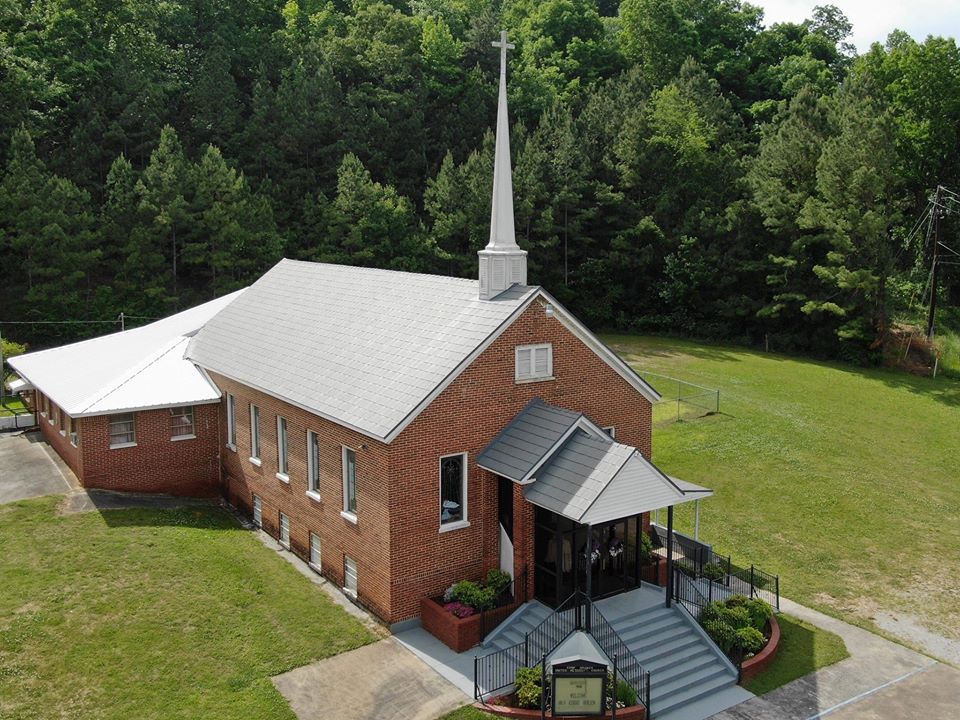Protestant significance to October 31
Published 3:59 pm Tuesday, November 9, 2010
By A.J. SMITH/Guest Columnist
What is the first thing that comes to mind when you think of October 31? For most people it’s Halloween.
Kids dress up and go trick or treating. Adults dress up and go to parties.
There are haunted houses. Churches have “judgment halls” or fall festivals. But there is something very historically significant about Oct. 31 for Christians.
Protestants should look back to Oct. 31 and remember it as the day the Protestant Reformation began. It was a huge event in church history, even though it hardly seemed like it in 1517 when Martin Luther, a German Augustinian monk nailed his now famous “95 Theses” to the door of the castle church in Wittenburg, Germany.
What prompted Luther to do this? What did he hope to accomplish? What were the lasting effects? Luther simply wanted to debate certain points of church practice that he felt were being abused in Germany to the detriment of Christians. He posted his “Theses” in Latin in typical academic form and thought no more of it. Someone read it, translated it, and published it in German.
It set Germany ablaze with evangelical fervor and the Reformation was born. With the Reformation came a rediscovery of the core of the gospel message: salvation, the forgiveness of sins and a right standing before God, comes not by works or sacraments but by faith in Jesus Christ, who died and rose again to justify us.
All who truly repent of their sins and trust in Jesus Christ for salvation have the promise from God: “Whoever calls on the name of the Lord will be saved” (Rom. 10:13).
A. J. Smith is an adjunct professor of church history for Liberty Baptist Theological Seminary Online. He is a resident of Alabaster.






